
This morning, Regeneron released their phase 3 trail data for REGEN-COV, showing 4 injections provide up to 81.6% protection against symptomatic COVID-19.

This morning, Regeneron released their phase 3 trail data for REGEN-COV, showing 4 injections provide up to 81.6% protection against symptomatic COVID-19.
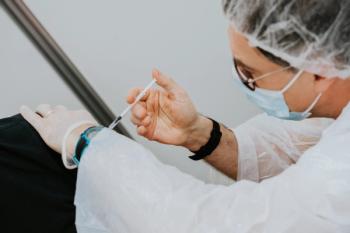
A survey published in JAMA reveals some remain firmly entrenched.
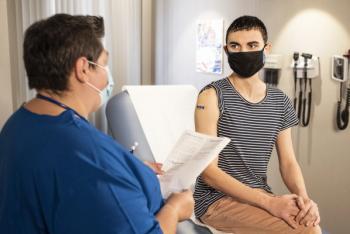
People with rheumatologic conditions are more likely to experience COVID-19 symptoms lasting longer than a month, and this is affected by smoking or preexisting conditions.
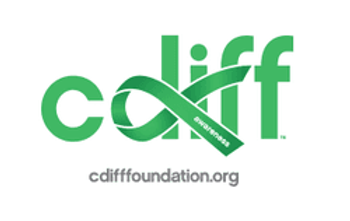
Presentation highlights from the second and final day of the 9th Annual International C. diff Conference & Health Expo.
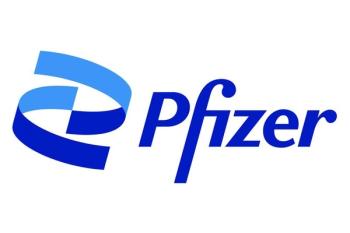
Interim, unpublished data show PAXLOVID is associated with 89% reductions in risk of COVID-19 hospitalization or death. Pfizer is now seeking FDA emergency authorization.
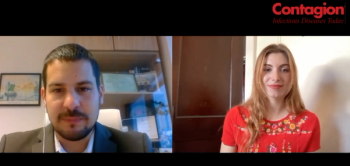
Dr. Tamás Haidegger talks about his work to develop an AI-based scanner that tracks hand hygiene to prevent C difficile and other infections.

Highlights from some of this afternoon's presenters at the 9th Annual International C diff Conference & Health Expo.
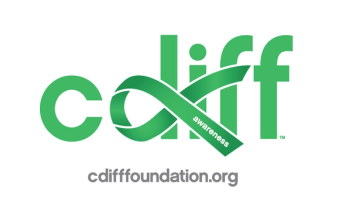
Highlights from the morning session of the C Diff Foundation Conference included data about Pfizer's investigational vaccine, insights about Seres Therapeutics microbiome therapeutic, and a look at CDI incidence rates around COVID-19.
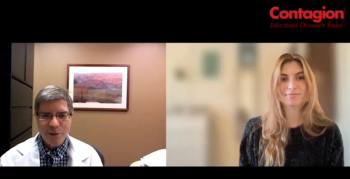
Curtis Donskey, MD, discussed his efforts to encourage C. diff patients and providers to do their part to reduce infection and reinoculation.

The Biden administration is also setting mandates for health care workers in facilities receiving federal aid.

The investigational oral antiviral therapy from Merck is still awaiting FDA authorization.

The development of these programs are being looked at for private practices in the community settings to try to create better prescribing practices and avoid the potential progression to health care associated infections.
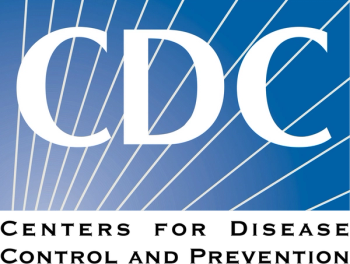
The CDC’s Advisory Committee on Immunization Practices voted to recommend hepatitis B, orthopoxviruses, and Ebola vaccines to certain populations, as well as approving 2022 immunization schedules for children, adolescents, and adults.

The organization is hosting its 9th Annual International C Diff Conference and Health EXPO on Thursday and Friday this week. The conference is virtual and free to the public.
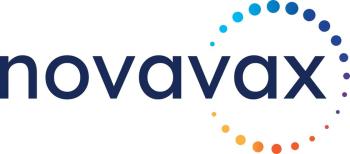
Novavax was approved for their first COVID-19 vaccine EUA in Indonesia, and expects more to follow shortly.
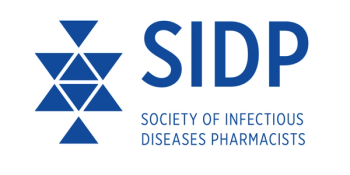
In the latest article from SIDP, here is a look at the use of various intravenous (IV) antimicrobial therapies to address infections in these patients.

Suzan Walters, PhD, discusses her research on the PrEP care continuum among people who inject drugs in rural versus urban settings.
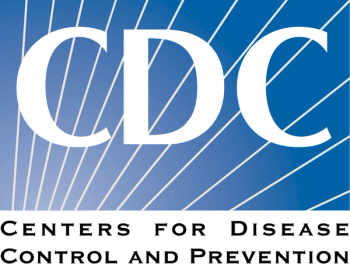
The ACIP considered the benefits of the newly emergency-authorized vaccine versus the risks of COVID-19 in children aged 5-11 years old.

Analyzing the 100 largest zoonotic disease outbreaks, investigators found the most significant drivers to be water contamination, sewage management, weather conditions, and change in vector abundance.

Loma Linda University worked with local leaders to help promote equitable delivery of COVID-19 vaccines in Black communities.

Survey findings show short-term benefits may not translate to long-term optimal outcomes.

Pilot program benefits those in need most, covering potential costs associated with vaccination.
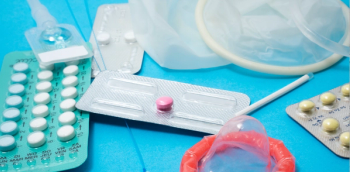
29% of cisgender men who have sex with men acquired HIV despite being designated as “low risk.”
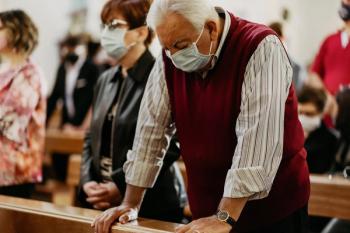
The monoclonal antibody sotrovimab reduced the risk of hospitalization or death by 85% in high-risk patients with mild-to-moderate COVID-19.
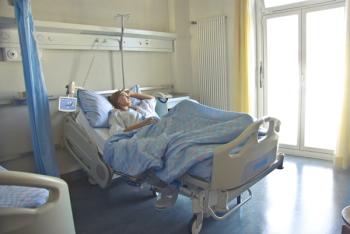
A new study in Israel supports the use of a shorter course of antibiotics for the treatment of complicated urinary tract infection in recipients of kidney transplants.
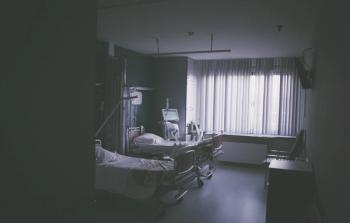
Incidences of Clostridioides difficile infection have risen in recent years, and understanding risk factors can help practitioners address associated mortality, morbidity and health care costs.
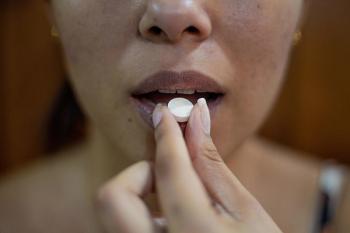
In Gilead’s BICSTaR trial of their full HIV treatment regimen Biktarvy, 97% of treatment-naïve adults and 96% of treatment-experienced adults achieved virological suppression after 1 year.

The emergency use authorization (EUA) is based on the vaccine data and the Food and Drug Administration’s (FDA) Vaccines and Related Biological Products Advisory Committee (VRBPAC) recommendation.

A new report underscores what early data suggested about disparities in the risk of hospitalization and death from COVID-19.

The Walmart-distributed Better Homes & Gardens aromatherapy spray “Lavender & Chamomile with Gemstones” was identified as causing melioidosis in 4 individuals, 2 of whom died.